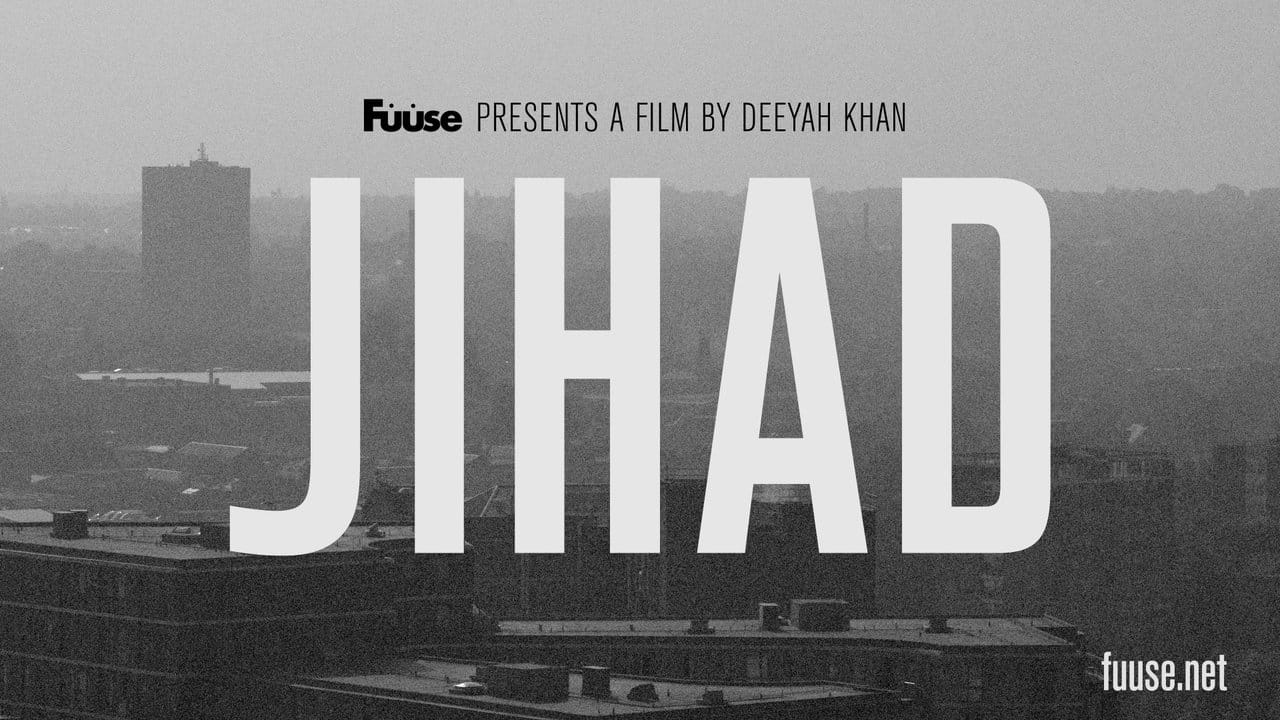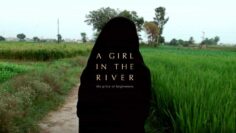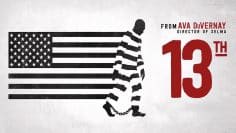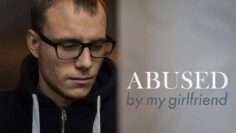Jihad: A Story of the Others
Jihad: A Story of the Others provides an in-depth look at the phenomenon of Western Muslims joining extremist groups and participating in violent jihad. Directed by Emmy Award-winning filmmaker Deeyah Khan, it offers a unique perspective on the radicalization process and its impact on individuals and communities.
The film features interviews with former extremists, providing raw and emotional testimony about their experiences. These individuals share insights into what drew them to radicalism, how it affected their lives, and in some cases, how they eventually rejected extremist ideologies. By focusing on these personal stories, the documentary offers a human-centered approach to understanding a complex and often misunderstood issue.
Khan’s investigation spans multiple generations, tracing the history of Western involvement in jihadi movements from the 1980s to the present day. The documentary highlights that the current wave of young people joining groups like ISIS is not a new phenomenon, but rather part of a longer-standing trend. This historical context helps viewers understand the roots of contemporary radicalization.
One of the key figures featured in the film is described as one of the “godfathers” of the British and Western jihadi movement. This individual’s story provides a crucial perspective on how extremist ideologies have been spread and perpetuated over time. The documentary also explores the streets of modern Britain, showcasing the experiences of young Muslims who feel caught between extremism and the War on Terror.
Jihad: A Story of the Others addresses various factors that contribute to radicalization, including discrimination, identity crises, and feelings of alienation. It highlights how some young people feel rejected by both mainstream society and their own communities, creating a sense of displacement that can make them vulnerable to extremist recruitment.
Khan’s personal background adds an interesting dimension to the film. As someone who has faced threats from extremist fundamentalists herself, she brings a unique perspective to the subject matter. This personal connection likely informed her approach to the interviews and the overall narrative of the documentary.









